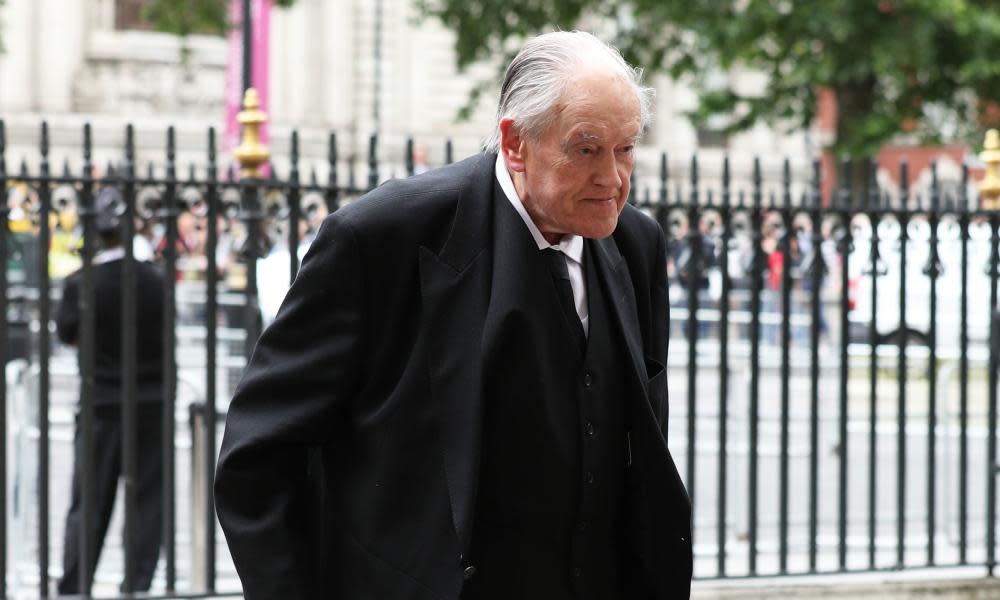Divisions in Whitehall are a break with tradition

Your excellent obituary (5 April) on the former cabinet secretary Robert Armstrong contrasts uncomfortably with the following day’s front-page story about No 10 briefing against civil servants (UK ministers accused of prioritising careers over lives of coronavirus victims, 6 April). When I joined in the 1950s, the civil service had maintained the wartime tradition of trust and cooperation between ministers and senior officials – and Armstrong’s distinguished career eminently reflected that tradition in later times.
A crisis (such as coronavirus) would be met by forming a committee of ministers (not joint minister-officials like Cobra), supported by a committee of senior officials to coordinate the work of relevant departments, which would then brief their ministers – all organised by the Cabinet Office, which would brief the prime minister. This matched the theory of “cabinet government”. Special advisers were few, mainly experts like the “Hungarian twins” – economists Thomas Balogh and Nicholas Kaldor – and scientific adviser Solly Zuckerman.
What a contrast with our current government – a head of the civil service without much experience of the workings of Whitehall, trying to coordinate the work of departments headed by permanent secretaries who were appointed to make huge cuts in the service and are now struggling to win the trust of small-state politicians surrounded by clamorous special advisers and instinctively suspicious of departmental advice.
But I am absolutely confident that the tradition is still there and that everyone is doing their very best in these challenging times.
Sir Alan Bailey
Permanent secretary, Department of Transport, 1986-91

 Yahoo News
Yahoo News 
